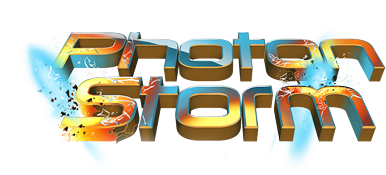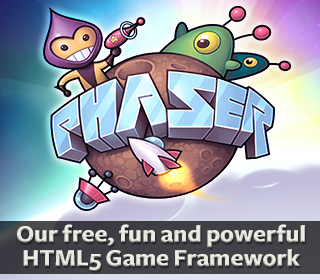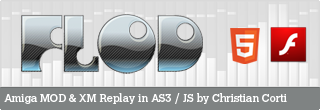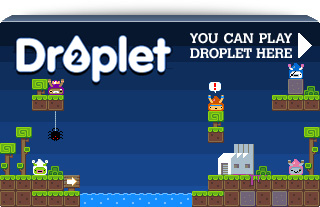My review of Foundation ActionScript 3.0 Image Effects
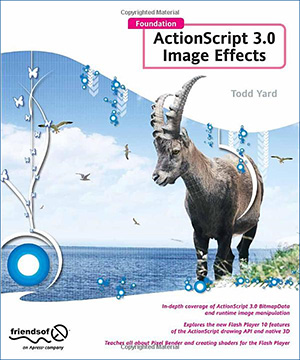 I have to admit I was really looking forward to this book. As a Flash games developer I’m always keen to read about interesting new techniques when working with bitmap data. I was also eager to learn about Pixel Bender and FP10 in depth. Sadly this book fails to deliver most of that.
I have to admit I was really looking forward to this book. As a Flash games developer I’m always keen to read about interesting new techniques when working with bitmap data. I was also eager to learn about Pixel Bender and FP10 in depth. Sadly this book fails to deliver most of that.
You get a lot of book for your money (650+ pages) but it works on the basis of “list all of the commands in X API, and explain them bit by bit”. The problem being that the explanations are often very short and give you even less information than Adobe Livedocs does. The Blend Modes chapter has lots of large images in it, which are all in black and white, so are of course a complete waste of space (the author does mention as much, but it begs the question why bother having them).
The “Advanced Bitmap Manipulation” chapter starts off by teaching you how to use the dissolve method (a truly quite useless method if ever there was one) and yet it takes up nearly 5 pages of the book. Perlin Noise follows – another 16 pages gone – although at least this one is quite interesting, and it goes into it in a little depth. The whole chapter is really nothing more than going through all the properties and methods of BitmapData. Which is ok, but Livedocs does it just as well and often with more explanation.
The Pixel Bender chapter explains what a shader is, the basics of using the toolkit and creates a very very simple kernel. It does a good job of explaining this shader, but it stops there and doesn’t go any further. It tells you about using shaders for custom filters and blend modes, but gives no further details on how to write them. So you will get precious little more than a brief introduction to PB, certainly not enough to code a shader beyond the example given. This is annoying as the front cover of the book says “Teaches ALL about Pixel Bender” – no, it doesn’t. It barely scratches the surface. It’s nothing more than a “Hello World” of Pixel Bender.
It then goes into 3D. The explanations here are useful but simple. Depth of field, extrusion, z ordering, that sort of thing. In short you probably know it all already. It shows you how to extrude text (by basically cloning the text object a number of times in ever decreasing sizes, so faking it – don’t bother, use Away3D), rotation, scrolling and very basic billboarding.
The rest of the book is made up of chapters going on about the authors own graphics library (aeon / aether) and applying this to text, sound and video. It’s a nice idea but honestly most devs will have similar libraries they use already, and none of the effects shown are very “every day” (how often do you really need to set fire to some text? honestly?).
It’s a crying shame as I really wanted to like this book, but despite its mammoth size it feels very lazy. Chapters are little more than method dumps with the briefest of explanations for each property. Examples are numerous but uninspiring, and there really isn’t a single “Advanced” bitmap effect to be seen anywhere.
I guess depending on your experience level this book could be useful. But if you’ve got the time to check out Livedocs, read a few blogs and basically experiment for yourself then you’ll learn a whole lot more, a whole lot faster in my opinion.
The book is available here on Amazon and all the usual places.
Posted on September 2nd 2009 at 9:39 pm by Rich.
View more posts in Book Reviews. Follow responses via the RSS 2.0 feed.
Make yourself heard
Hire Us
All about Photon Storm and our
HTML5 game development services
Recent Posts
OurGames
Filter our Content
- ActionScript3
- Art
- Cool Links
- Demoscene
- Flash Game Dev Tips
- Game Development
- Gaming
- Geek Shopping
- HTML5
- In the Media
- Phaser
- Phaser 3
- Projects
Brain Food
